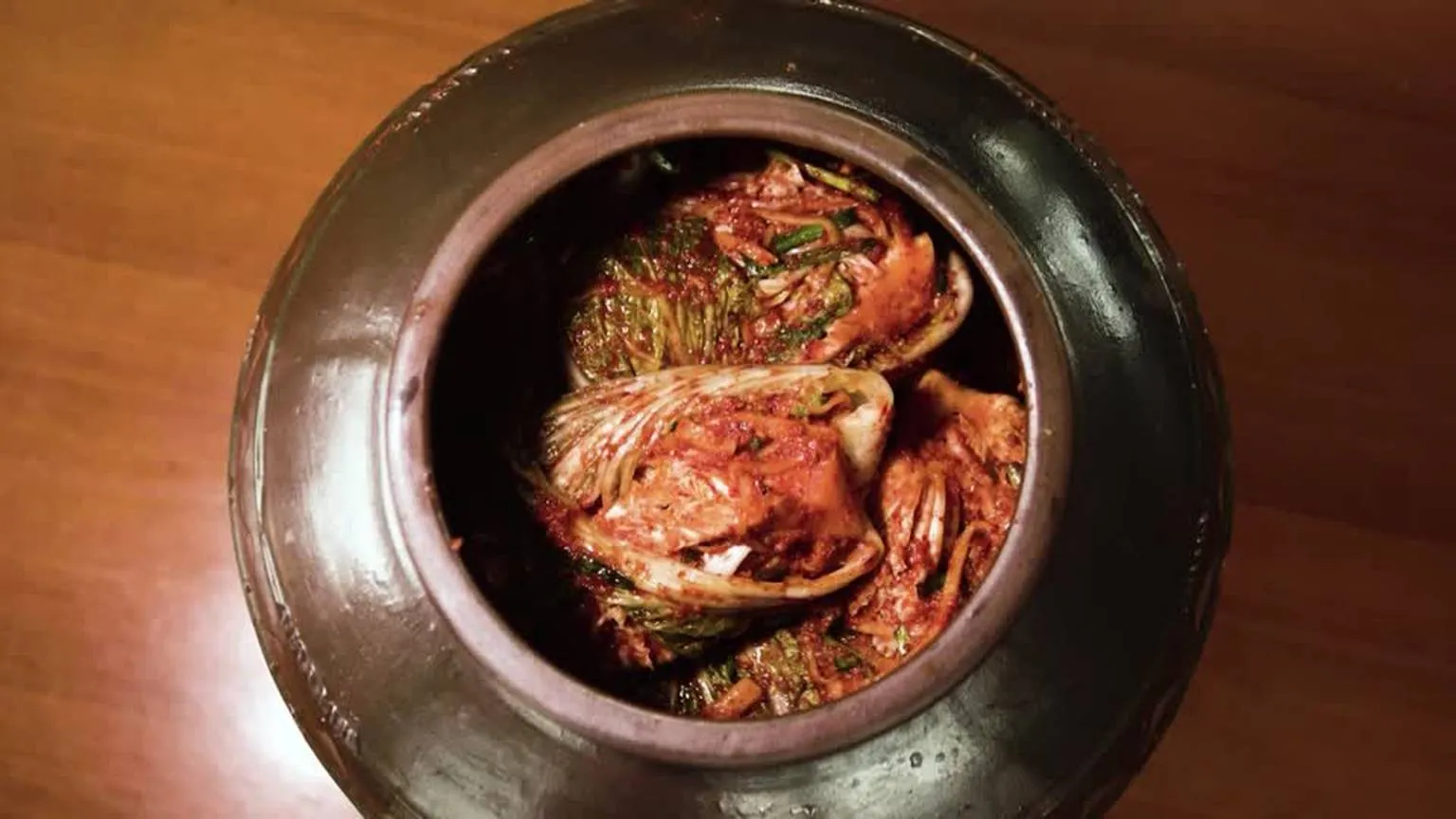Kimchi and Its Climate Challenge in South Korea

Kimchi's Role in South Korea
Kimchi, a traditional Korean dish made primarily from fermented napa cabbage, plays a vital role in South Korea's cuisine and culture. Its unique flavor profile and health benefits have made it a global phenomenon. However, the effects of climate change pose serious challenges to its production.
The Impact of Climate Change on Kimchi
Recent studies indicate that rising temperatures and shifting weather patterns threaten the cultivation of napa cabbage, a crucial component of kimchi. The continuous alteration of growth conditions can affect quality and yield, raising questions about the future of this cherished food.
- Declining cabbage yields due to higher temperatures.
- Increased pests and diseases affecting crops.
- The need for farmers to adapt to changing agricultural conditions.
Preserving Kimchi Traditions
As South Korea confronts these challenges, efforts are underway to develop resilient agricultural practices and sustainable solutions for kimchi production. The future of kimchi depends on the collaboration between farmers, researchers, and policymakers.
This article was prepared using information from open sources in accordance with the principles of Ethical Policy. The editorial team is not responsible for absolute accuracy, as it relies on data from the sources referenced.